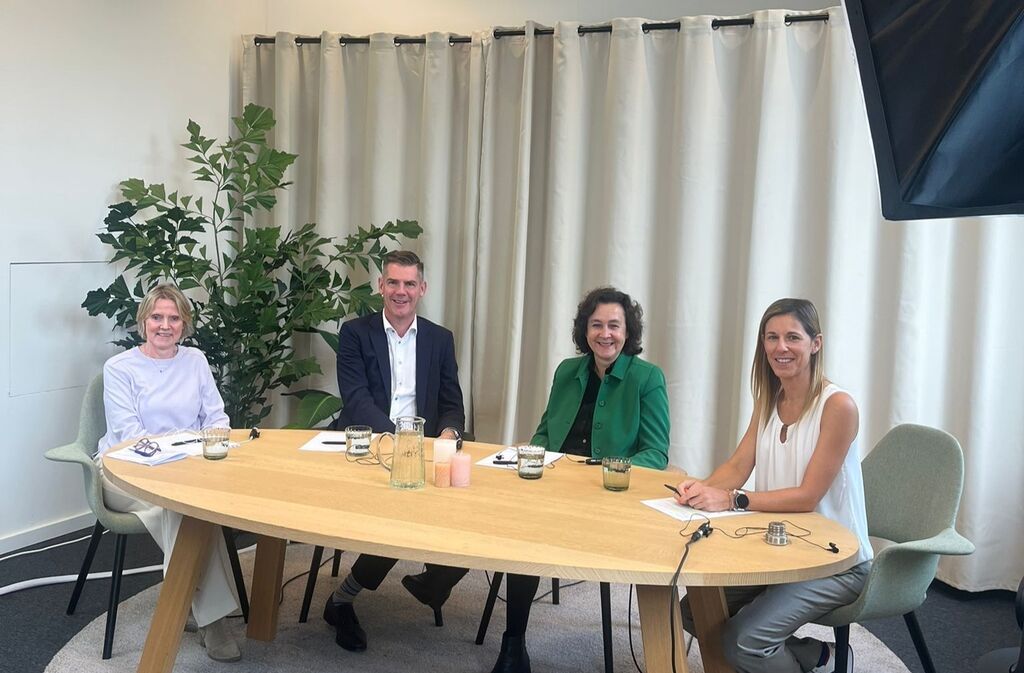The traditional career policy, based on predictability, job security and loyalty, no longer works. After all, it is no longer about statically matching employees with jobs, but about dynamically dealing with change, with attention to growth, employability and employability in the short and long term.

Careers in motion

Sustainable career management
Both groups are asking for more flexibility in careers, but what exactly that flexibility means for organization and employee seems contradictory. A sustainable career policy can turn this field of tension into a playing field; a playing field in which employees can grow in their strengths, with attention to the workability of jobs and with consideration for their employability, and in which they thus contribute in an inspired way to organizational results. Moreover, the complexity of the context requires a more flexible and less hierarchical approach to organizational structures and processes.
Career-Breaking Research
Formulating new, substantiated and practice-oriented solutions to this challenge formed the core of the SD Worx Chair "Next Generation Work: Creating Sustainable Careers" at Antwerp Management School. The guiding principle was the conviction that a different view of careers is needed to arrive at sustainable solutions in the area of working longer, increasing long-term sick leave, talent scarcity and employability. We gained relevant knowledge by combining scientific insights with practical experiences in our Career Breakthrough Research.
Ten pointers
Careers in Motion translates these insights into ten pointers you can use as a manager, executive or HR manager to draw up a sustainable career policy. This book bundles all these insights and translates them into ten pointers that you as a company director, executive or HR manager can use to draw up a sustainable career policy in your organization.
The book offers a framework for thinking, a start to critical reflection on the existing career policy and provides inspiration to apply the pointers in your own organizational context. How you implement each pointer will vary, but every pointer has equal relevance for large and small organizations, in the profit and non-profit sector, for knowledge- and production-intensive companies, for executive functions and executives.
Prof. Ans De Vos is with HR & Organization Development at Antwerp Management School and she recently published her latest work "Careers in Motion".
About the author
Related content






